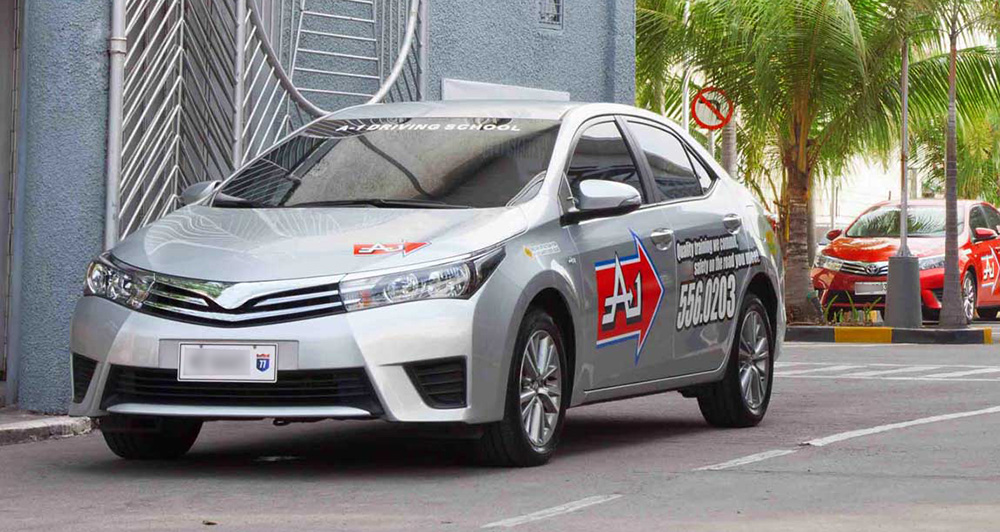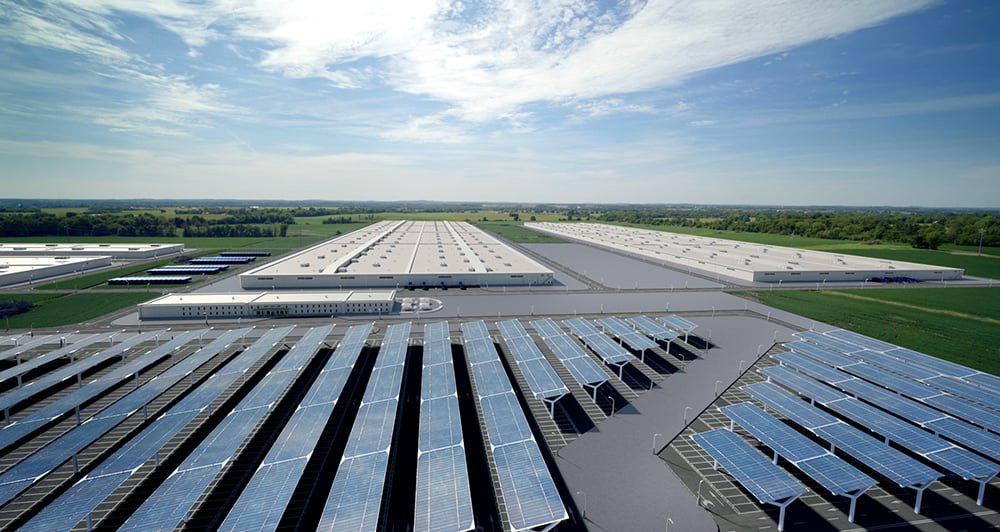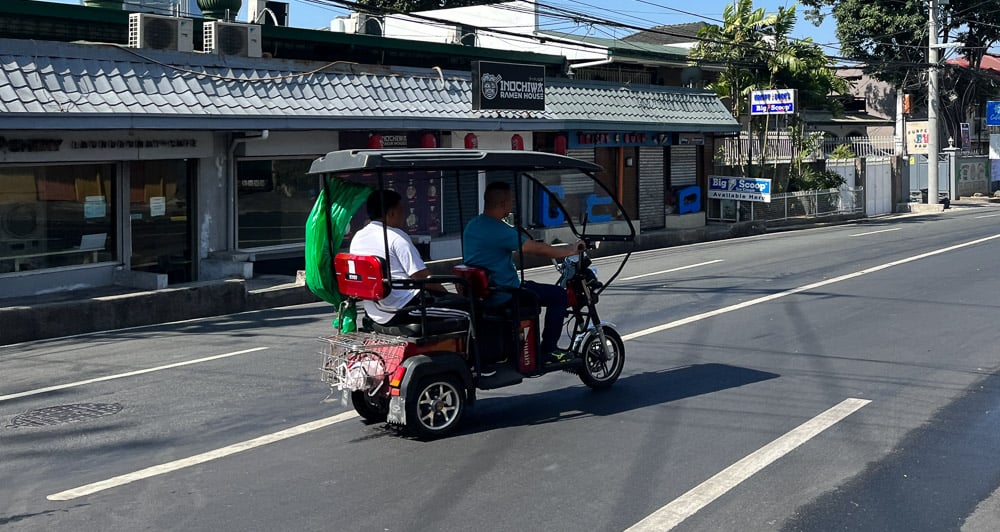
The sharing economy blossomed like a field of mushrooms. Suddenly, everything was shareable: cars, jets, fashion, homes and more. Much more. It took the world by storm.
Amid the whole sharing phenomenon, customer behavior and perceptions shifted. For example, the definition of “ownership” morphed—co-owning became a respectable thing. Being able to share became a social enabler leading to responsible consumption and sustainable lifestyles. Considerations of affordability evolved into value-driven propositions. Possessing things became secondary to being able to avail of goods or services as and when needed—on demand rather than on standby. Mindless consumption and conspicuous spending became so yesterday.
The world was racing to a new reality, a new “common sense.” It was a good thing…until it was not.
The disruption wrought by the sharing economy happened so fast. Consumers were seemingly adapting to the changing realities and the newfound choices at a rapid pace. Yet, in the face of it all, government (more specifically, regulators) seemed to be the proverbial deer caught in a car’s headlamps: They froze and stared.
Governments across the world were slow in realizing that the sharing economy was not just a passing fancy—that it was here to stay. Society seemed to have embraced it. New livelihoods had flourished and new ecosystems had been born. The “gig economy” had grown in tandem, where people did not need permanent jobs because they fluidly flitted from one gig to the next. Consumers were excited by the apparent bump in spending money that “not buying to own” had resulted in. Meanwhile, governments had been sidelined and left out of the equation. Sheer economics and free enterprise were defining the rules (or relishing the lack of them).
The disruption wrought by the sharing economy happened so fast. Government seemed to be the proverbial deer caught in a car’s headlamps
Alas, it appeared the arrangement was too good to last in the real world. Ultimately, Big Brother had to have a say in the sharing economy.
Taxes—the only certainty in life other than death—were being compromised, not so much by the formal players as by the informal copycat sector. Public safety was placed in peril due to the absence of oversight. Consumer protection was thrown out the window because existing regulations were inadequate. Fair competition was being flouted. What further motivation did government regulators need to act? And so they did.
Transport network companies were asked to comply with more stringent driver screening, even proposing mental fitness tests at some point. Private car owners-cum-TNC drivers needed to get accreditation from regulators and have their vehicles properly labeled. Liability insurance was tabled. What was not to like about it? Government was intervening to assure that public welfare was preserved.
In the hospitality sector, government cracked down on home-sharing. Legitimate home seekers were being squeezed out; landlords preferred to lease their places to higher-paying bed-and-breakfast short-stay patrons. So minimum-stay requirements were put forth by government so as not to prejudice the rent or lease population-at-large. Provisions for persons with disability were stipulated. Again, government was acting as the protector of public welfare. Hurray!
I suspect that even more regulation is on its way. Is that good or bad?

The premise of the sharing economy is that it is more efficient and more productive to share than to own. I submit that the reason sharing flourished was that it did exactly that: It priced goods, services and experiences at a level that delivered clear value to consumers. It democratized a lot of things and made them accessible to a significantly expanded consumer base. That was the premise and the promise.
Regulation, however, almost always results in higher costs and restricted access. Yes, it does protect public welfare, no doubt. But it comes at a cost. Fair enough, perhaps. Governments, after all, are supposed to protect and preserve. The public must be safeguarded against unscrupulous enterprises and operators. The unintended consequence is that the disruption that sharing instigated started to be shepherded back into traditional or conventional pathways. The motivation to share and avail of shared services gets choked in the name of public service.
So, where is the balance between consumerism and public welfare? Where do we draw the line between free choice and a regulated one?
To be fair, I do not think that sharing enterprises will go bankrupt with the advent of government regulation. The United States is a clear case. The business model flourishes because the legal, consumer and law enforcement institutions guarantee adequate redress and compensation in case of dispute. In emerging countries, unfortunately, laws and regulations are sometimes at odds with each other, and law enforcement is woefully inadequate (not to mention the gruelingly slow wheels of justice). This means that regulation adds a significant cost to intermediation that gets in the way of the expanded access to goods and services that the sharing economy supposedly offers.
Is the government’s sudden rush to regulate the sharing industry legitimately delayed or deliberately late? I chanced upon a very interesting insight from a taxi driver in Singapore. He pointed out that government was conveniently silent in the early years of the sharing economy, especially ride-sharing. He explained that when ride-sharing first appeared, the economy was going through rough times. Jobs were hard to find or land. Sharing provided a very timely solution as it created jobs for enterprising individuals, defusing the lack of hiring and even the layoffs by corporations.
If we look back, we will find that, indeed, the advent of large-scale sharing ventures was around the time of great economic dislocation. Airbnb and Uber were founded in 2008 and 2009, respectively. The Lehman crisis happened in 2008. The circumstances were ripe, and government saw a way out of the dire economic predicament. So it decided to stay out of the way to ease any political fallout from job losses or rising unemployment.
The global economy has finally been showing signs of recovery in the past two to three years. Quite interestingly, regulations started to kick in at the same time. Coincidence or not? And is the decline of the sharing economy upon us?











Comments